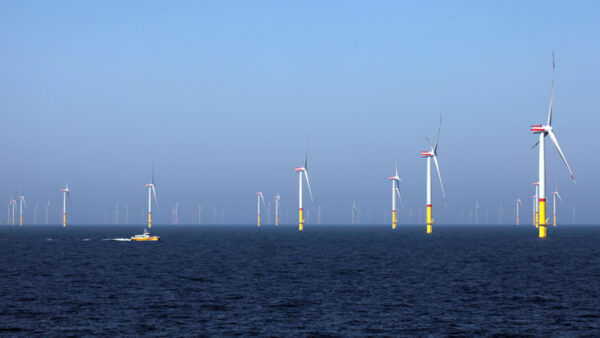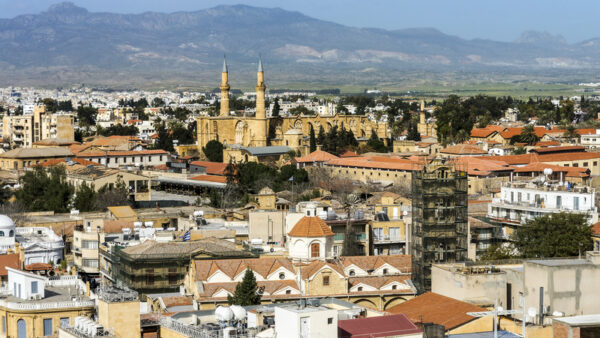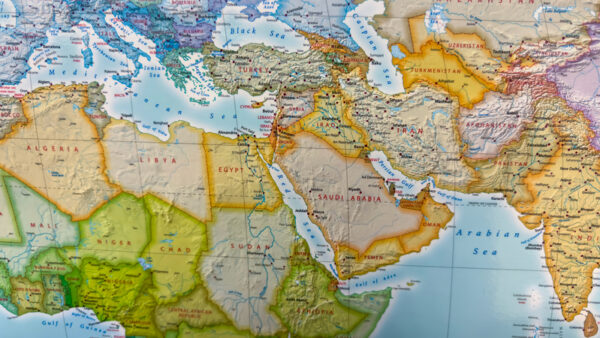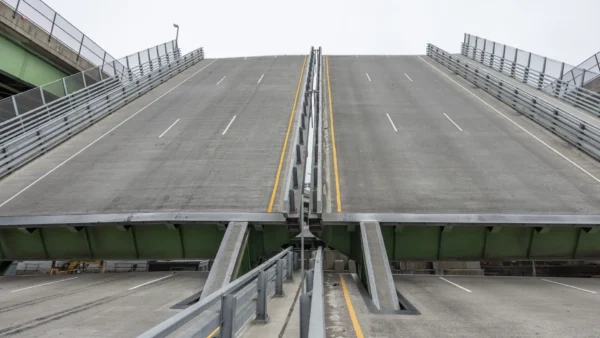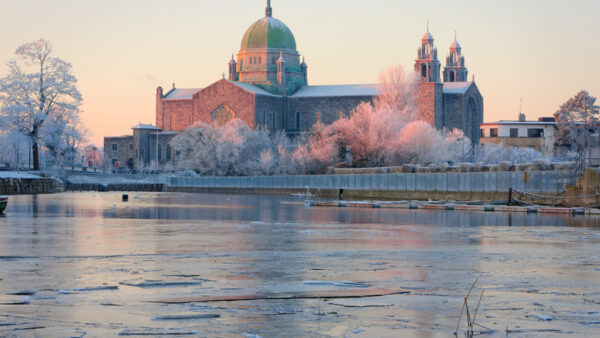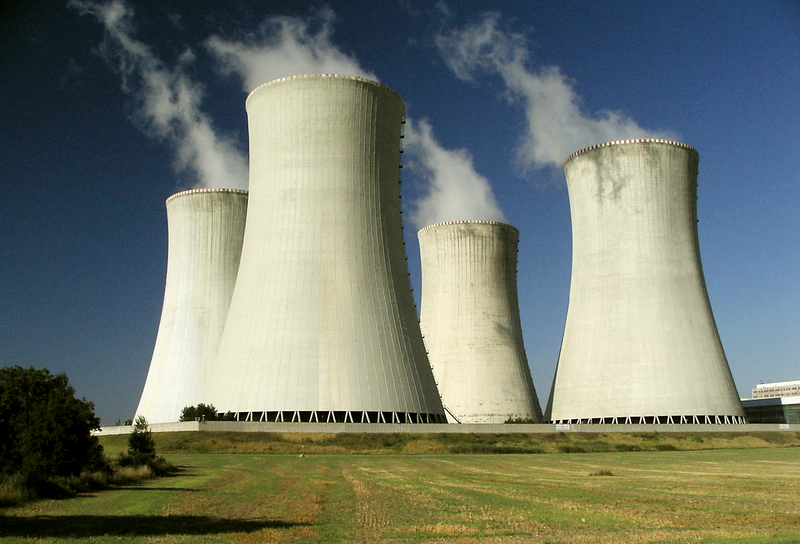
The member states of the EU will together have to invest some €550bn in nuclear energy between now and 2050 if the bloc is to meet its net zero carbon target, according to Thierry Breton, the union’s commissioner for the internal market.
Breton told France’s Journal du Dimanche that the transition to greener energy added would require “an industrial revolution of unprecedented scale” and would require “colossal investments”, including €500bn on new nuclear plants and at least €50bn on existing capacity over the next eight years.
He added: “To achieve carbon neutrality, it is really necessary to move up a gear in the production of carbon-free electricity in Europe, knowing that the demand for electricity itself will double in 30 years.”
The commissioner’s comments come after the EU announced plans to allow certain natural gas and nuclear schemes to be classified as sustainable investments, making them eligible for preferential loans.
The proposal to include these types of schemes in the EU’s “taxonomy of environmentally sustainable economic activities”, which was announced on New Year’s Eve, has met with an angry response from environmental groups and some European politicians.
Robert Habeck, the co-leader of Germany’s Green Party, said the plans “water down the sustainability label” and questioned whether “this greenwashing will even find acceptance on the financial market”. Habeck became the country’s minister for the economy and climate change in last year’s federal elections.
Habeck was supported by Leonore Gewessler, Austria’s climate action minister, who said neither gas nor nuclear belonged in the taxonomy “because they are harmful to the climate and the environment and destroy the future of our children”.
The EU is presently the largest energy importer in the world, which costs its 27 members more than €350bn a year. Reactors are under construction in Finland, France and Slovakia, and more are planned in Bulgaria, the Czech Republic, Finland, France, Hungary, Poland and Romania.
Further reading:

